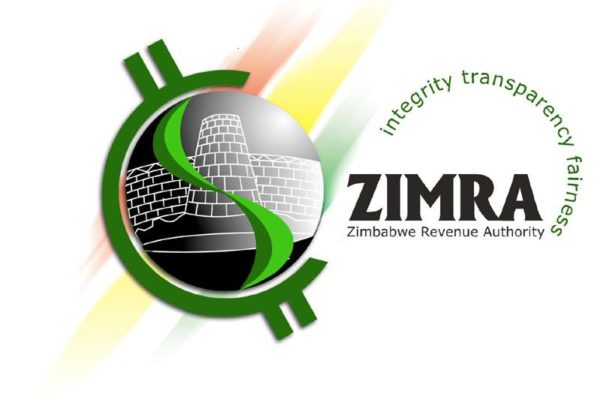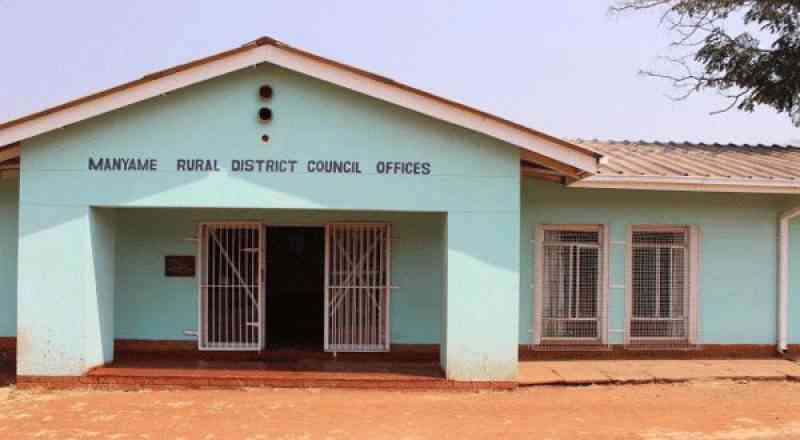
BY rex mphisa
ZIMBABWE may have lost millions of dollars in unpaid duty through a fine-tuned vehicle smuggling scheme operated at some of its ports, Southern Eye has learnt.
Zimbabwe Revenue Authority (Zimra) officials, working hand in glove with some unscrupulous shipping agents or third parties, are believed to be behind the scheme whose epicentre was at Beitbridge, the country and region’s busiest port.
The scheme, run by various syndicates, was exposed after some vehicles were intercepted by the department and other government agencies.
Other ports might have been involved in the scam which exposes how porous the customs and excise systems could be.
On Sunday, the Zimbabwe Revenue Authority (Zimra), of which customs and excise is part, issued a notice recalling vehicles suspected to have been smuggled.
Zimra spokesperson Francis Chimanda had not responded to questions at the time of going to print, despite making an undertaking to do so.
Zimra Commissioner-General Faith Mazani said she was out of the country. “Francis (Chimanda) will respond to you,” she said.
- Chamisa under fire over US$120K donation
- Mavhunga puts DeMbare into Chibuku quarterfinals
- Pension funds bet on Cabora Bassa oilfields
- Councils defy govt fire tender directive
Keep Reading
Panic gripped the border town of Beitbridge on Sunday and yesterday after the recall of about 400 vehicles believed to have been fraudulently imported since the beginning of the year. A newspaper vendor said people fell over one another to buy a copy of a government — controlled weekly paper in which the Zimra list of recalled vehicles appeared.
“The Commissioner-General of the Zimbabwe Revenue Authority is hereby notifying the owners of vehicles listed below to visit Zimra loss control offices at ZB Centre corner First Street and Kwame Nkrumah in Harare for vehicle registration verification. The vehicle owners are instructed to bring the vehicle together with all customs clearance documents pertaining to their vehicles not later than 23 November 2019,” the Zimra notice read.
It was followed by a list of the vehicle registration numbers, chassis numbers, vehicle type and its owner’s name.
A well-placed source at customs and excise said authorised officials used fictitious clearing details to process customs clearing certificates (CCC) used to release and register vehicles as duly imported.
“After releasing these vehicles the official would share with the agent part of the duty they would have retained. Details of cars used on the CCC would be far inferior to the car to enable payment of lower duties and criminal retention of the balance,” said the source.











